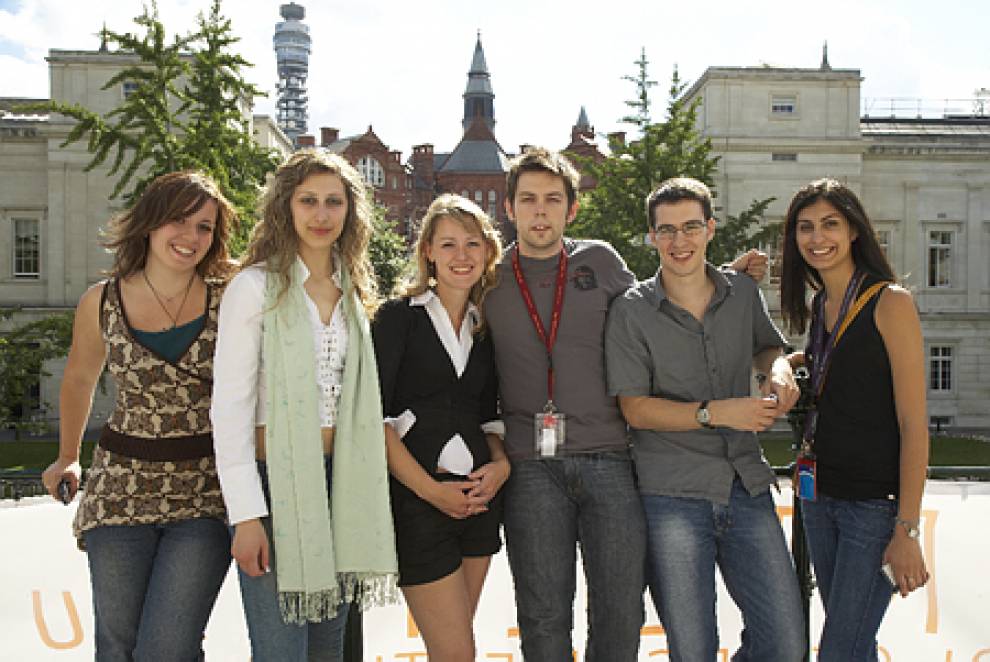Aims:
Migration is one of the key issues in the political and public debate in Europe. It is at the same time one of the most extensively investigated subjects in social sciences. Nevertheless, it is a subject which is very difficult to access, partly due to the complexity of the issues involved.
This lecture series is an introduction to the economic aspects of migration aimed at economics and economic policy students. More specifically, the course:
· provides the link between real issues and migration, and how they can be addressed using economic models and empirical methods.
· provides students with the background to evaluate critically the political debate surrounding migration
· provides students with the tools to conduct original research on migration, for example for the MSc Dissertation
Course outline:
- Introduction, Motivation, the Migration Decision
- Who Migrates? The Roy Model and the Selection of Immigrants
- Estimating immigrants’ earnings profiles: Cohort Effects and Selective Out-Migration
- The Economics of Temporary Migrations
- The Economic Effects of Immigration on Wages and Employment
- The Fiscal Impact of Immigration
- Neighborhood Effects, Attitudes, and Political Outcomes
|
Taught by: |
Christian Dustmann |
| Assessment: |
2 hours of lectures per week and 8 problem classes with written
assignments. The course will be examined by a 2-hour written exam in
Term 3 |
|
Suitable for: |
Graduate students |
| Prerequisites: |
Permission from the Economics Department |
|
Moodle page: |
ECONG037 |
 Close
Close


